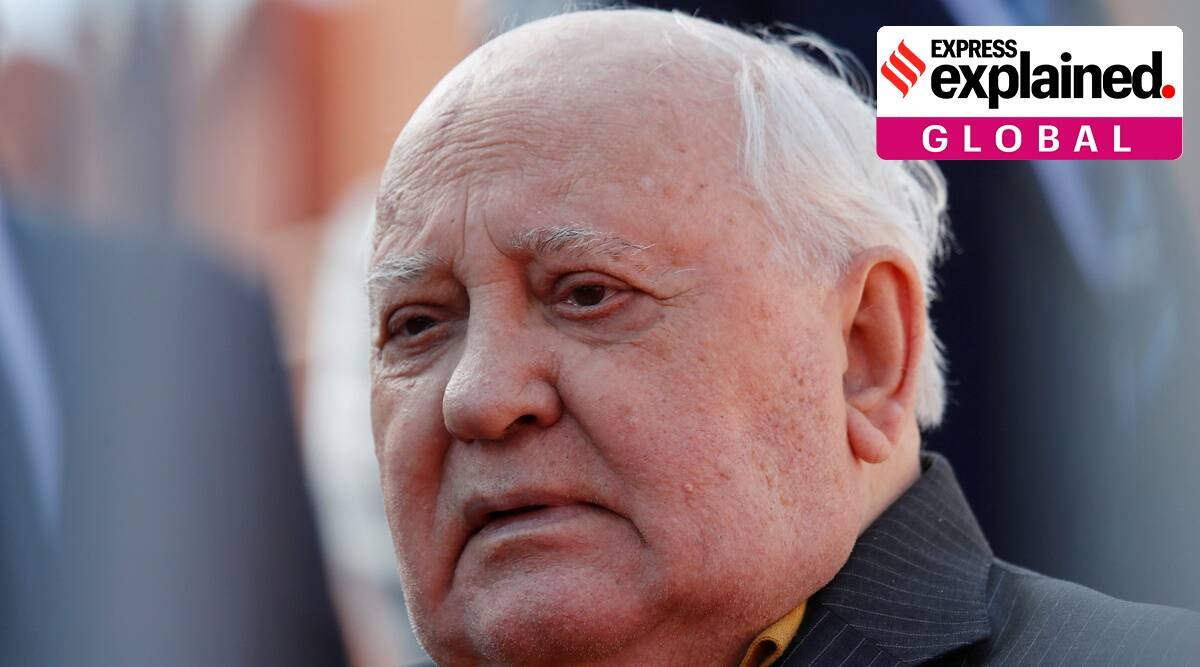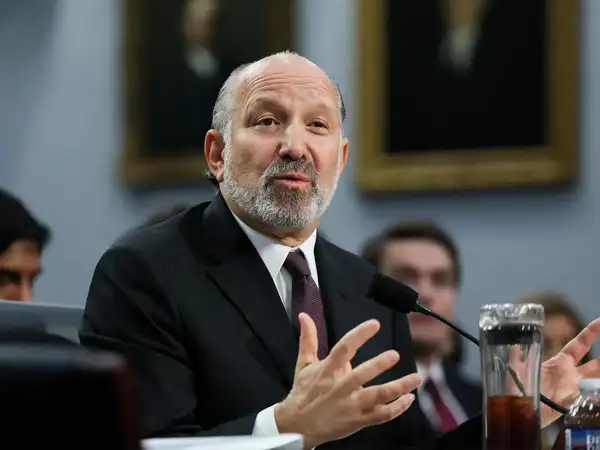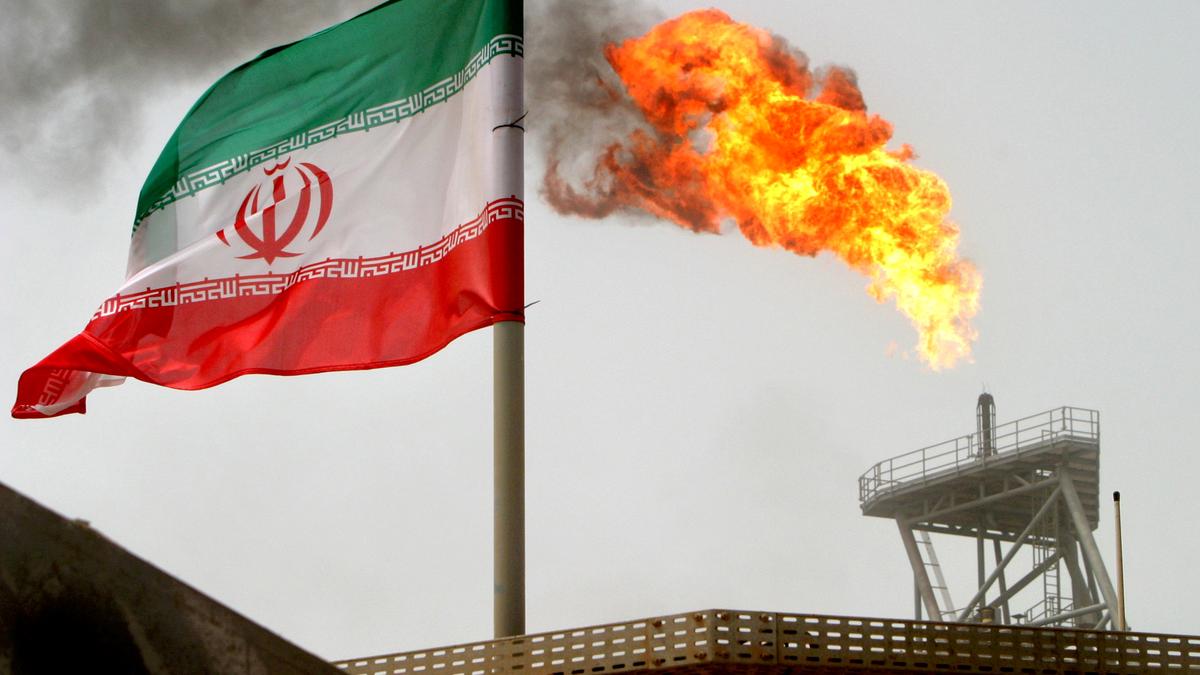Description

Copyright infringement not intended
Context: Mikhail Gorbachev, the last leader of the Union of Soviet Socialist Republics, has died at the age 91.
Details:
- Gorbachev’s desire to pull the USSR out of economic and social stagnation not only led to the collapse of the USSR but also ended the old war.
- But two words — “perestroika” and “glasnost” — will forever be associated with Gorbachev and, in essence, will be his legacy. Simply put, perestroika, means restructuring and glasnost means openness.
Perestroika
- When Gorbachev took over as the General Secretary of the Communist Party in 1985, the then USSR was already groaning under the inefficiencies of a planned economy.
- Gorbachev was acutely aware that the USSR needed to restructure its economy, and in particular, allow for a greater play of the market forces.
- But his idea of perestroika was not limited to the economic sphere.
- He had hoped that just like ill-effects of a top-down planned economy had spread through the social and moral fabric of Soviet life, economic restructuring, too, will lead to a social and political renewal.

Glasnost
- It was alleged that the scale of Soviet achievements had been radically inflated and falsified by the officials.
- This lack of transparency was at the heart of Gorbachev’s second mantras for reform: Glasnost — meaning openness.
- While it meant greater transparency in the functioning of the government and the economy, much like perestroika, Gorbachev’s hope was that this would also reorder the way people lived their everyday life in the USSR.
https://indianexpress.com/article/explained/explained-global/explained-perestroika-and-glasnost-gorbachevs-reform-mantras-8122834/









